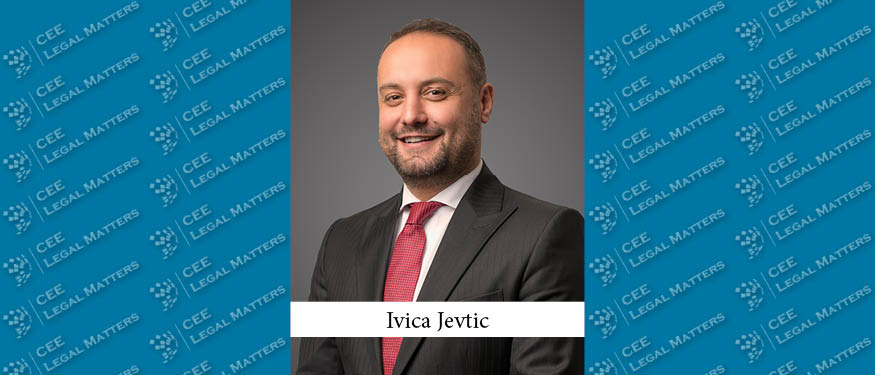The Polish Government has recently presented a draft Program on Fighting Corruption for 2018 through 2019. This is another step in the ongoing effort to introduce legal mechanisms aimed at reducing corruption in Poland. The process of systematically fighting corruption started several years ago, and it has allowed Poland to move from 43rd place in the Transparency International Corruption Perceptions Index in 2010 up to 29th place in 2017. The aim of the contemplated regulations is to push Poland further up the ranking and continue its transition to a true western-style economy.
A number of sectors were identified as especially exposed to corruption in the program. These include, in particular, public procurement, public administration, and the private sector. In order to combat corruption, the Government intends to introduce new laws in each of these sectors, as well as to facilitate coordination among anti-corruption authorities and promote social awareness through educational activities.
Public Procurement Proceedings
The authors of the Program consider the public procurement sector to be especially prone to corruption. The public procurement market in Poland was valued at PLN 116 billion (approximately EUR 40 billion) in 2015, or 6.5% of the Polish GDP, which prompted the Government to state that fighting corruption in this sector is a top priority for the next two years.
In order to achieve its goals, the Government plans to introduce a number of measures. One of the most important measures is the creation of a publicly available IT system containing information about ongoing and concluded proceedings. It is expected that the system will function similarly to the public procurement database of the European Union, known as TED.
Private Sector and Administration
Another important goal of the Program is to fight corruption in the private sector and the public administration sector. One possible measure to achieve this objective is the implementation of legislation dedicated to whistleblowing. This topic has recently been the subject of closed public consultations at an EU forum, but it remains to be seen whether the Polish Government will decide to tackle the issue independently or wait for EU legislation to be put in place.
In order to reduce corruption at the crossroads of the public and private sectors, the Polish Government also intends to create mechanisms for responding to possible corruption during contacts between government officials and applicants. An analysis of the most common types of corruption occurring in the public administration sector will be undertaken. The Polish Anti-Corruption Bureau will implement unified rules of behavior for public officials on the basis of this analysis.
Activities Coordination
In order to meet the objective of suppressing corruption, several actions are planned to improve the performance of investigative authorities. The Central Anti–Corruption Bureau has been selected to design a mechanism for coordination and cooperation between competent investigative authorities. The Anti-Corruption Bureau will also organize trainings and conferences as platforms for investigative authorities to exchange experiences and information. The Ministry of Justice will be responsible for conducting an analysis of foreign legal solutions and assessing the feasibility of applying reasonable anti–corruption solutions to domestic law.
Education and Rising Social Awareness
The implementation of anti-corruption education among public officials is one of the Program’s priorities. Great emphasis has been put on launching permanent and periodic educational trainings targeted at the recognition of potential abuses of authority and promoting appropriate behavior in such situations, as well as the consequences of corruption. The Program will also increase social awareness by organizing seminars and conferences with the participation of governmental, local, and scientific experts. In addition, as part of the process of increasing social awareness, school teachers and university professors will be provided with educational materials within the core curricula of schools and universities.
What’s Next?
The Program on Combating Corruption 2018–2019 contains a comprehensive analysis of corruption in Poland and measures designed to further reduce illegal practices. In upcoming months, we can expect intensified legislative efforts directed at the implementation of specific legal regulations covered by the Program. If the contemplated implementation of the Program turns out to be efficient and effective, Poland will accelerate its progress on the road to becoming an even more safe and stable European economy.
By Marcin Aslanowicz, Partner, and Pawel Bukiel, Associate, Wolf Theiss
This Article was originally published in Issue 4.9 of the CEE Legal Matters Magazine. If you would like to receive a hard copy of the magazine, you can subscribe here.















